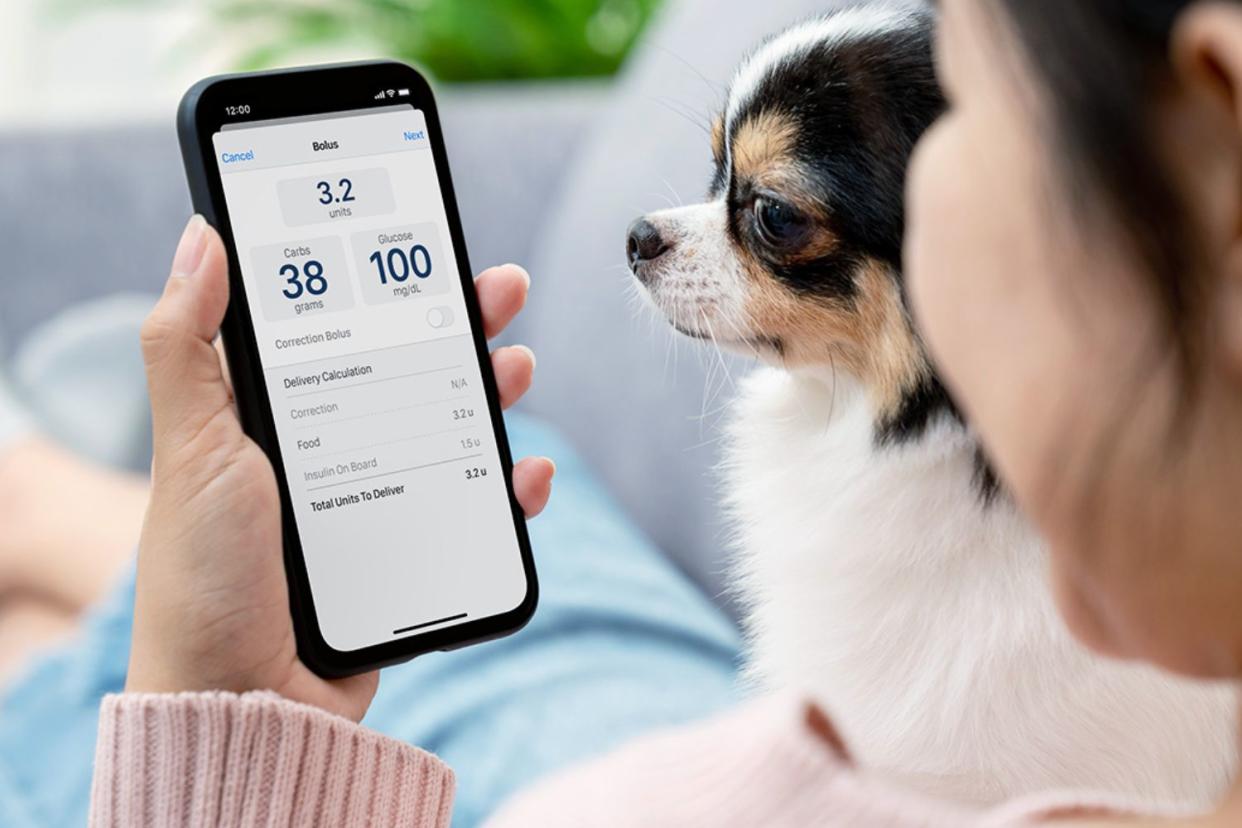FDA Recalls Insulin Pump App After 200+ Injuries

Tandem Diabetes Care
Fact checked by Nick Blackmer
Key Takeaways
The FDA is recalling an insulin pump app.
The t:connect mobile app may drain the battery of its linked insulin pump, causing the pump to shut down.
Nearly 224 people have been injured by the issue.
The Food and Drug Administration (FDA) has issued a correction recall for an Apple iOS app that is used with an insulin pump. The app has caused at least 224 injuries after draining the pump batteries and causing them to shut off early.
This is a Class I recall, which is “the most serious type of recall,” the FDA said in a statement. “Use of these devices may cause serious injuries or death.”
Here’s what you need to know about the recall, plus next steps to take.
What Insulin Devices Are Impacted?
The recall was issued by Tandem Diabetes Care over version 2.7 of the t:connect mobile app that pairs with the t:slim X2 insulin pump with Control IQ technology. This app is only available in the U.S. and the recall does not impact Android app users.
According to the FDA, the software may cause the app to crash and automatically relaunch, draining the pump’s battery sooner than expected. If the pump shuts down, it can’t deliver insulin, the recall notice said.
Nearly 86,000 people are impacted by the recall, and there have been 224 reported injuries tied to the issue as of April 15.
“Affected customers were notified by Tandem on March 26, and more than 98% of affected customers had already updated their devices as of April 15,” Tandem Diabetes Care said in a statement to Verywell. “We continue to make every effort to contact everyone who has not yet updated their iOS app to the new version.”
The company plans to continue to monitor the new version of the t:connect app that was released in March to make sure the concerns described in the recent recall notice from the FDA have been addressed.
Related: Your Smartwatch Can’t Actually Track Glucose Levels
Why Is This Dangerous?
Having an insulin pump shut down can cause serious complications for diabetes patients, Anupam Ohri, MD, associate professor in the division of endocrinology at Rutgers Robert Wood Johnson Medical School, told Verywell. That can lead to high blood sugar (hyperglycemia) or diabetic ketoacidosis, a serious condition due to high blood sugars and lack of insulin.
“Diabetic ketoacidosis in type 1 diabetes mellitus patients is an emergency and can be life-threatening in certain patients if they do not get medical help in time,” Ohri said.
Insulin pumps use fast-acting insulin “which has a total action time of approximately three to four hours,” Jenna Scudder, RD, a certified diabetes care and education specialist at The Ohio State University Wexner Medical Center, told Verywell.
As a result, it’s important to get help quickly, Pouya Shafipour, MD, family and obesity medicine physician at Providence Saint John’s Health Center in Santa Monica, CA, told Verywell. “This is an urgent care or ER type of deal, unless your primary care doctor has dietitians on staff who can help,” he said.
What to Do If You Use This App
Impacted users and healthcare providers should update the app to version 2.7.1 or later and closely monitor the pump battery level.
But this is also a reminder of the importance of carrying backup supplies for insulin delivery in case a pump fails, Shafipour said. “These continuous monitors and pumps are great and make life convenient, but they’re not perfect,” he said. “Patients should have extra long-acting and short-acting insulin on hand as well.”
Scudder agrees. “If the pump has failed and is unable to be used, the person with diabetes must implement their backup plan and revert to injections,” she said.
What This Means For You
If you use t:connect mobile app, it’s important to make sure it’s updated to the latest version. Experts stress that this is also a reminder to make sure you have backup injectable insulin in case of an issue with your pump.
Read the original article on Verywell Health.

